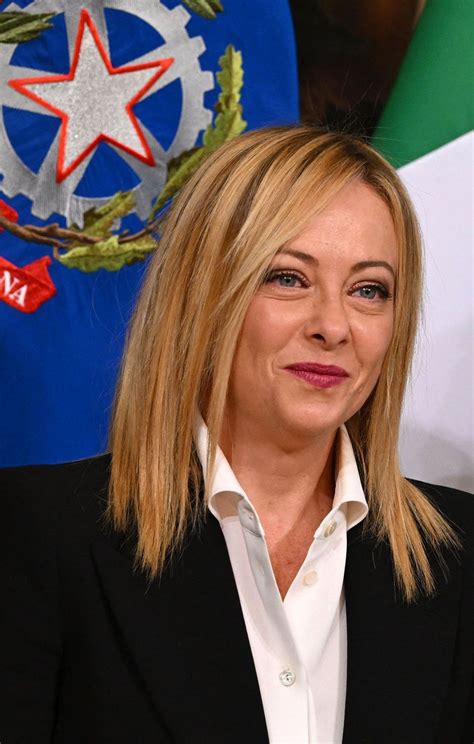Economy ministers from Italy and Spain found themselves at the center of a storm brewing across the Atlantic. The issue at hand? President Donald Trump’s controversial tariffs that threatened to disrupt the delicate balance of global trade. As calls for action reverberated through European corridors, two voices emerged with a different tune, one that resonated with caution and diplomacy.
Carlos Cuerpo, the Minister of Economy, Trade, and Business in Spain, stood firm in his belief that dialogue was key to resolving the escalating situation.
“We still are calling for a negotiated solution,”
he asserted during a gathering on a somber Saturday. His counterpart from Italy, Giancarlo Giorgetti, echoed this sentiment, urging restraint among their peers. In an address at a conference nestled by the serene Lake Como in Cernobbio, Giorgetti cautioned against hasty decisions.
“We must try to keep a cool head, evaluate the impact, and avoid a policy of retaliatory tariffs which would just be damaging for all,”
he emphasized.
Amidst this diplomatic dance, Italian Prime Minister Giorgia Meloni added her voice to the choir of concern regarding American tariffs. While condemning the actions as
“wrong,”
she expressed Rome’s commitment to seeking common ground with Washington. The overarching goal? To prevent a full-blown trade war that could tip the scales of power in favor of other global contenders.
However, not all European powers shared this measured approach advocated by Italy and Spain. France and Germany emerged as proponents of a more forceful response to Trump’s tariff policies. German Economy Minister Robert Habeck exuded confidence in Europe’s collective strength when he stated on April 3rd:
“We are in a strong position.”
He rallied for unity among nations to exert pressure on American authorities effectively.
In contrast, French President Emmanuel Macron charted his own course amidst these turbulent waters. Proposing a freeze on EU businesses’ investments in America as a direct response to Trump’s tariffs reflected Macron’s unwavering stance on protecting European interests.
The discourse between Italy and Spain advocating prudence versus France and Germany pushing for assertiveness underscored deeper tensions within the EU concerning transatlantic relations. With each country navigating its path forward amid uncertain times, only time will tell how this clash of strategies will shape Europe’s economic future on the global stage.




Leave feedback about this